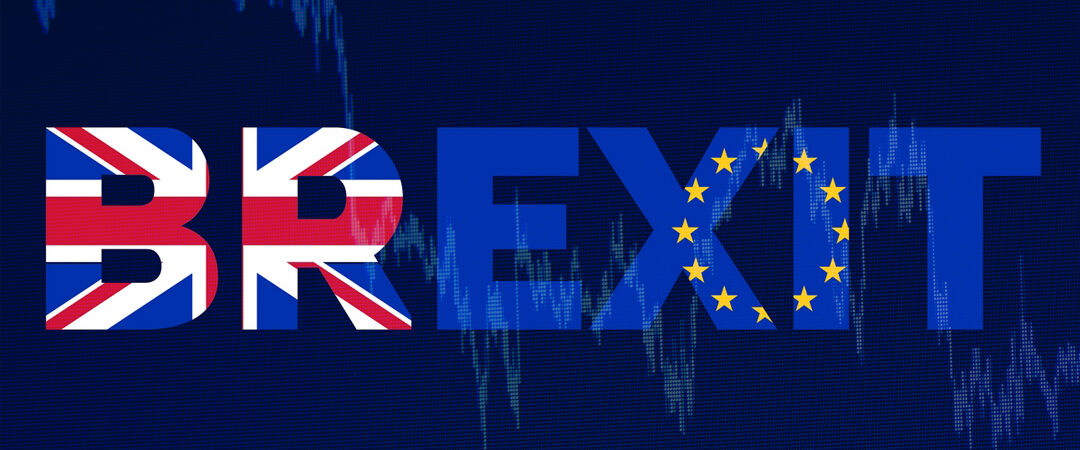
Brexit is back on the negotiating table. While London and Brussels met on Tuesday to discuss the terms again, it would appear that the project is still at a standstill, with no prospect of agreement. Boris Johnson, the British Prime Minister, seems determined not to make any concessions to the European Union… and even seems to be deliberately dragging out sensitive issues.
Will the Brexit result in a deal? Nothing is less certain when we look at yesterday’s negotiations. The sticking points between London and the rest of the E.U. seem unresolved.
At issue: Boris Johnson’s posture, which seems to be playing for time and dragging out discussions without making any concessions.
And there are many areas of disagreement, starting with the possible extension of the current transition period. It had in fact been decided that the UK would have 2020 to make the switch to Brexit.
But Covid-19, clearly undermined this period, forcing governments to focus on the coronavirus health crisis, rather than the coming terms of Brexit. As a result, European negotiator Michel Barnier attempted on Tuesday to persuade the British government to consider extending the current transition period, which currently runs until December 31.
The proposal was rejected out of hand by Boris Johnson, who was suspected of deliberately stalling discussions. The latter seems to have diametrically opposed objectives to those of the European Union… which raises the prospect of a no-deal in the long term.
The same position on the European internal market and customs union: Michel Barnier has urged the UK to clarify its position on the issue… A thorny issue, which for the time being seems to be going nowhere.
Many political analysts tend to believe that Boris Johnson will refuse any compromise that could affect British sovereignty. And some would even speculate that the economic damage of the coronavirus could be used to cover up the damage of a potential no-deal Brexit.
Faced with the current somewhat disarming situation, the Prime Minister of the Republic of Ireland has called for “intensified preparations” in the event of no agreement.
The latter intends to anticipate a potentially disastrous situation, which will impact not only its own economy, but also that of Northern Ireland.
Although the government is giving priority to Covid-19, we haven’t forgotten about Brexit either,” Prime Minister Leo Varadkar told a press conference after a cabinet meeting. “Should we arrive at this position by the end of the year, we need to step up preparations for a no-trade deal,” he added.
The UK therefore still has until December 31, 2020 to decide on its future relationship with Europe… otherwise trade between London and the E.U. will be severely impacted.
In the event of a no-deal, trade between Ireland and the UK will be governed by the rules of the World Trade Organization (WTO). A catastrophic situation, which would generate new trade barriers and cause significant costs for importing companies on both sides, as well as delays at the border.